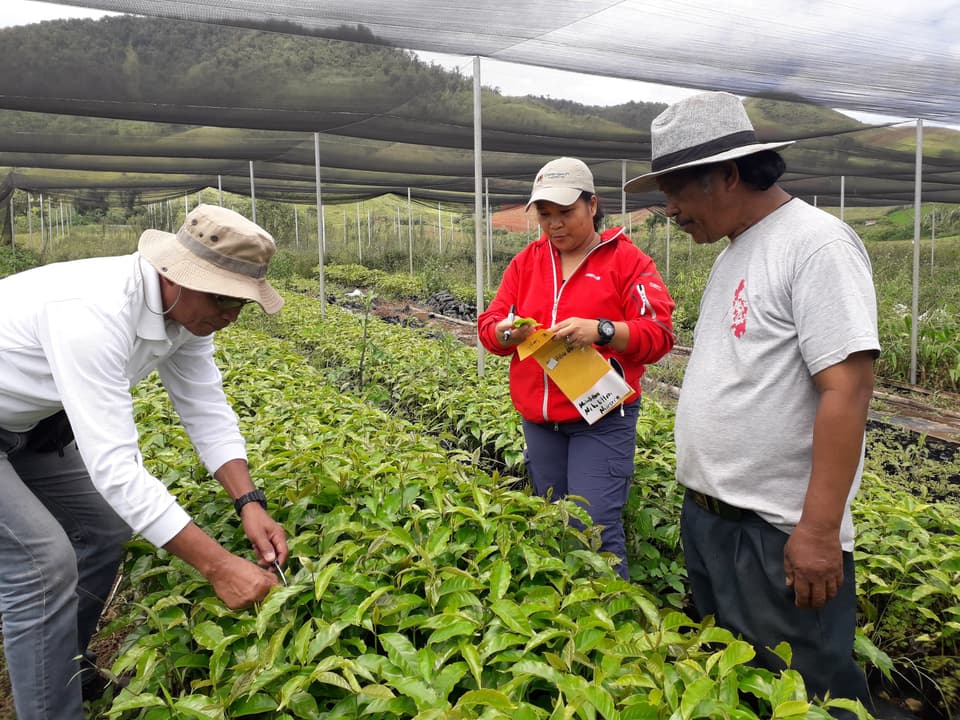The latest news and knowledge from World Coffee Research
News
Media Inquiries
Hanna Neuschwander
hanna@worldcoffeeresearch.org
503-560-7828
WCR launches Latin American Breeding Hub hosted in Honduras
WCR is accelerating the creation of coffee varieties to meet the challenges of the 21st century through the launch of a new Latin American Breeding Hub in Honduras.
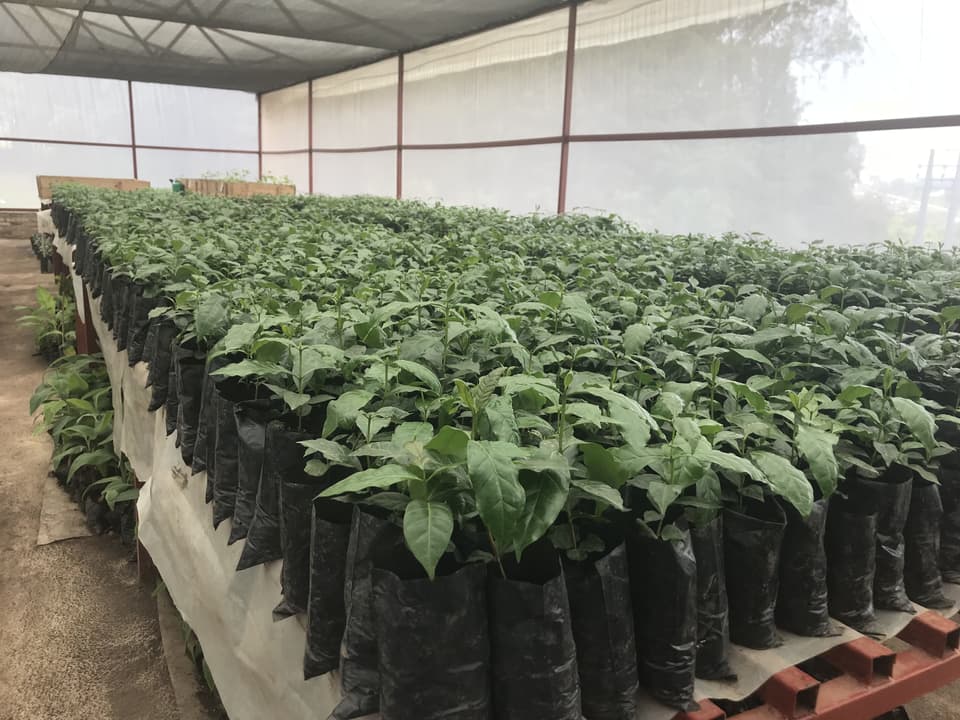
WATCH: ‘A New Way to Think About Climate Change’
Watch the latest “WCR Presents” webinar, with climate and agriculture expert Dr. Walter E. Baethgen of Columbia University’s Earth Institute.
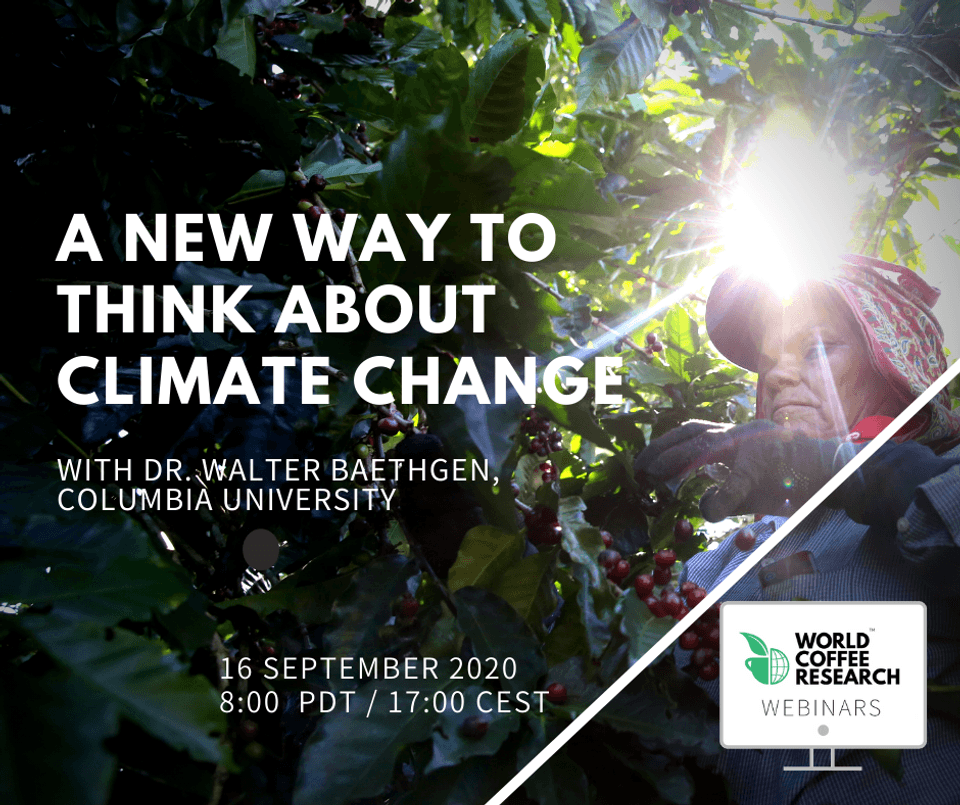
Yemeni coffee—how genetically diverse is it?
Until recently, very little was known about the diversity of Yemen’s coffees outside of anecdotes and observation. In 2014, WCR partnered with Dr. Al Hakimi of S’ana University to explore the diversity of Yemeni coffees as part of a larger analysis of arabica genetic diversity. The study, published in Nature Scientific Reports in January 2020, expanded our knowledge of Yemen coffee’s genetic diversity. A further study by C. Montagnon in 2021 adds to knowledge of Yemen’s genetic diversity.
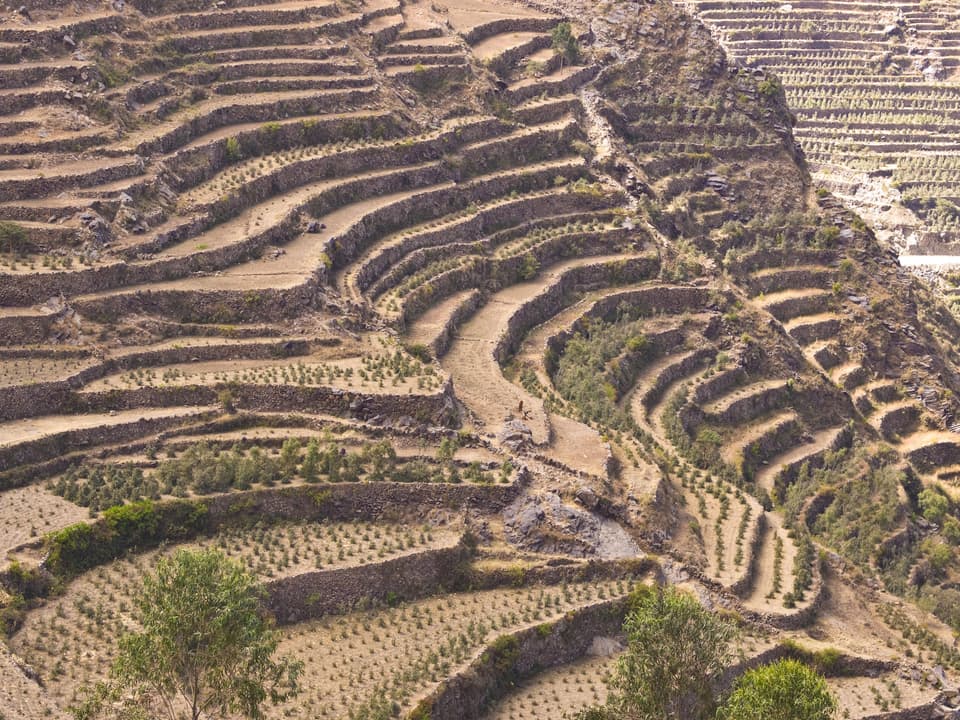
Coffee Rust Is Going To Ruin Your Morning
In this article from The Atlantic, Maryn McKenna discusses the history and current challenges for farmers of the disease coffee leaf rust — but it is also a story about larger changes impacting coffee farmers and the entire value stream: climate change, shifts in the way research gets done, coffee’s limited genetic diversity, and more. The story illuminates many of the ways the world is changing, and urgently so — and how coffee agriculture needs to change if it is going to have a shot at thriving in the rest of this century.
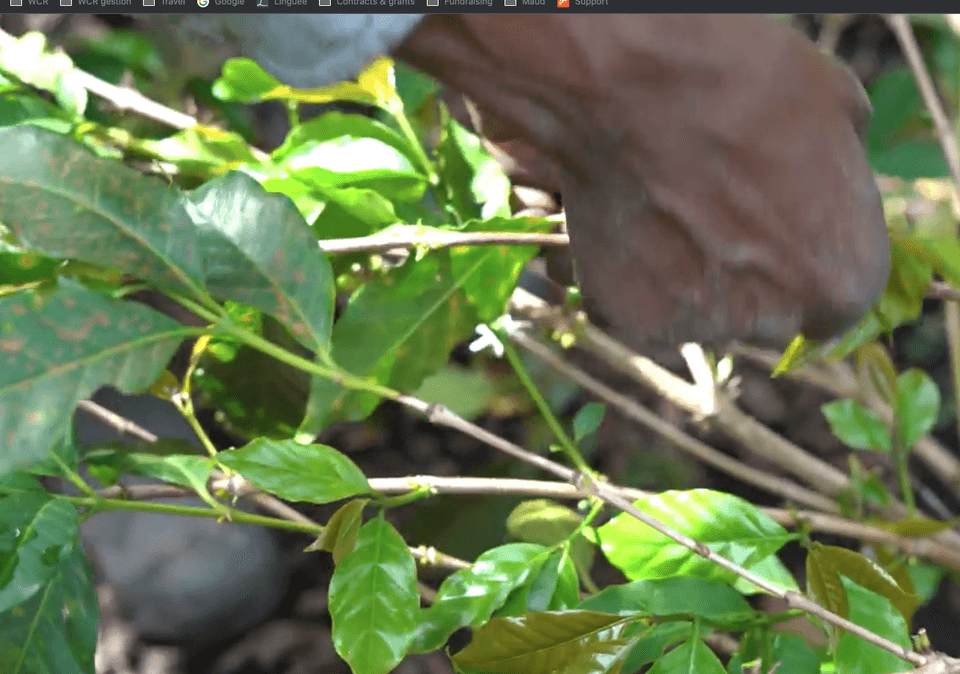
It starts with a seed—but what seed is it?
WCR undertook crucial work in 2019 to advance our Nursery Development Program. Before nursery training programs begin, program workers typically conduct a baseline assessment of the seed and nursery production systems in a location. In 2019, WCR conducted seed sector analyses in countries with particularly difficult and disorganized seed production systems, including Mexico and the Philippines. The findings pave the way for a better future.
